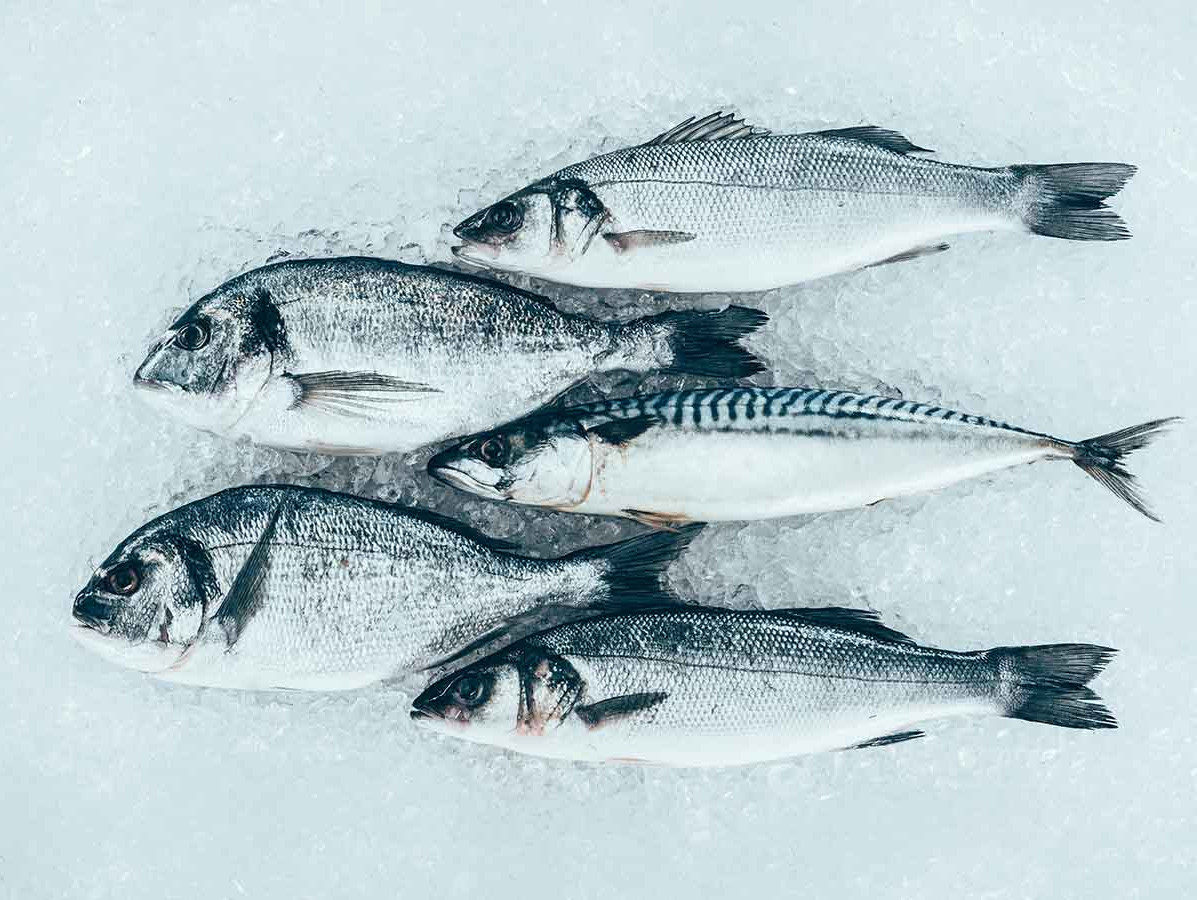
Fish plays a crucial role in the protein transition. This transition aims to shift towards fewer animal and more plant-based proteins. The ministry emphasizes that higher consumption of marine proteins does not impact the import of soy for animal feed, thus the focus is on reducing meat consumption, particularly red and processed meat. This contributes to better health, lower environmental impact, and reduced dependency on soy imports.
Seafood, such as fish, shellfish, and crustaceans, is considered a healthy and sustainable alternative to other animal proteins. Despite the recommendation from the Voedingscentrum to eat fatty fish once a week, only 60% of Dutch people meet this guideline.
Since 1976, the Netherlands has operated a system of individual fishing quotas for sea-going fishers, known as the quota system. The revision of this system, which began in 2022, aims to stimulate sustainability and improve access for newcomers. This process is being carefully conducted in consultation with the sector and other stakeholders. The expected implementation has been postponed to 2027. Wageningen Marine Research investigated incentive instruments such as subsidies and public appreciation to encourage sustainability. These findings will be incorporated into the revision.
The Fisheries Innovation Network (VIN) is showing promising progress. The mid-term evaluation of VIN indicates that knowledge development and new initiatives, such as the Octopus project and the Masterplan 'The New Fishing,' are off to a good start. VIN provides a platform for collaboration and meeting, contributing to a future-proof sector. Three scenarios are proposed for further development: meeting, learning, or acting, or a combination of these. The recommendations from the report are taken seriously, and a new evaluation is planned for 2025. International cooperation is essential for further innovations, such as pulse fishing.
These developments illustrate the dynamic nature of Dutch fisheries policy and the steps being taken to make the sector more sustainable and innovative. Minister Adema will continue to inform the Tweede Kamer about the progress and results of these important initiatives.
Source: Ministerie van LNV